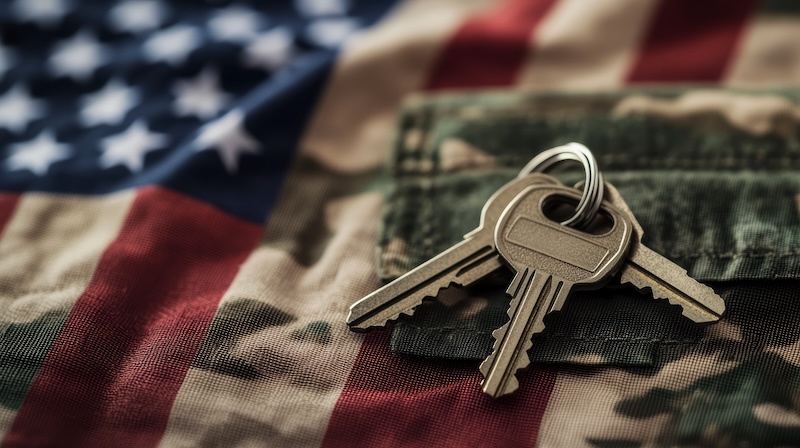Understanding VA Loans: A Foundation for Homeownership
As a real estate professional deeply familiar with the unique needs of our military community, I often guide clients through the rewarding journey of using a VA home loan. These loans, backed by the Department of Veterans Affairs, offer significant advantages to eligible service members, veterans, and surviving spouses. Typically, VA loans require no down payment, offer competitive interest rates, and have no private mortgage insurance (PMI). This can translate to substantial savings and make homeownership more accessible.
Eligibility generally extends to those who have served a specific period in active duty, are currently serving, are National Guard or Reserve members with sufficient service, or are surviving spouses of a service member who died in the line of duty or from a service-connected disability. Understanding your eligibility is the crucial first step in your home-buying journey.
The Crucial Step: The VA Home Appraisal
Once you’ve found your dream home and your offer is accepted, the VA appraisal process begins. This is a critical step that differs significantly from conventional loan appraisals and is designed to protect both the buyer and the VA. Unlike a conventional appraisal, which primarily assesses the market value of the property, the VA appraisal has two main objectives:
- Determine the Reasonable Value: The appraiser will assess if the property’s market value aligns with the agreed-upon purchase price. This ensures the VA isn’t backing a loan for an overvalued property.
- Ensure Minimum Property Requirements (MPRs): This is where the VA appraisal truly stands apart. The appraiser will meticulously evaluate the property to ensure it meets specific safety, structural, and sanitary standards. These MPRs are in place to guarantee that the home is a sound and suitable living environment for our veterans and their families.
Key Differences from Conventional Appraisals
The focus on MPRs is the primary distinction between VA and conventional appraisals. While a conventional appraisal focuses heavily on comparable sales in the area to determine market value, a VA appraiser will also be looking for issues such as:
- Safety Hazards: These could include exposed wiring, faulty heating or cooling systems, or the presence of lead-based paint (in homes built before 1978).
- Structural Integrity: The appraiser will examine the foundation, roof, walls, and other structural components for any signs of damage or instability.
- Sanitation Issues: This includes checking for adequate plumbing, a functioning septic system (if applicable), and the absence of excessive mold or pest infestations.
Navigating the VA Appraisal Process as a Buyer
As a buyer, it’s important to understand that the VA appraiser works for the VA, not directly for you or the seller. If the appraisal comes back lower than the purchase price, or if MPR deficiencies are identified, you have a few options:
- Renegotiate the Price: You can try to negotiate a lower price with the seller to match the appraised value.
- Pay the Difference: You can choose to pay the difference between the appraised value and the purchase price out of pocket.
- Request a Reconsideration of Value (ROV): If you believe the appraisal is inaccurate, you can work with your real estate agent to provide additional comparable sales data to the VA for review.
- Walk Away: If an agreement cannot be reached, you have the option to withdraw from the purchase agreement while retaining your earnest money due to the “escape clause” typically included in VA purchase agreements.
Navigating the VA Appraisal Process as a Seller
As a seller accepting an offer from a VA buyer, it’s wise to be prepared for a potentially more rigorous appraisal process. Ensure your property is in good overall condition and address any obvious safety or structural concerns before the appraisal. Being proactive can help prevent delays and potential issues. If repairs are required by the VA, you’ll need to decide whether to make them or risk the buyer walking away.
Working with an Experienced Professional
Navigating the VA home appraisal process can seem complex, but with the guidance of an experienced real estate professional who understands the nuances of VA loans, it can be a smooth and successful experience. We are here to advocate for you, explain each step, and help you achieve your homeownership goals.



